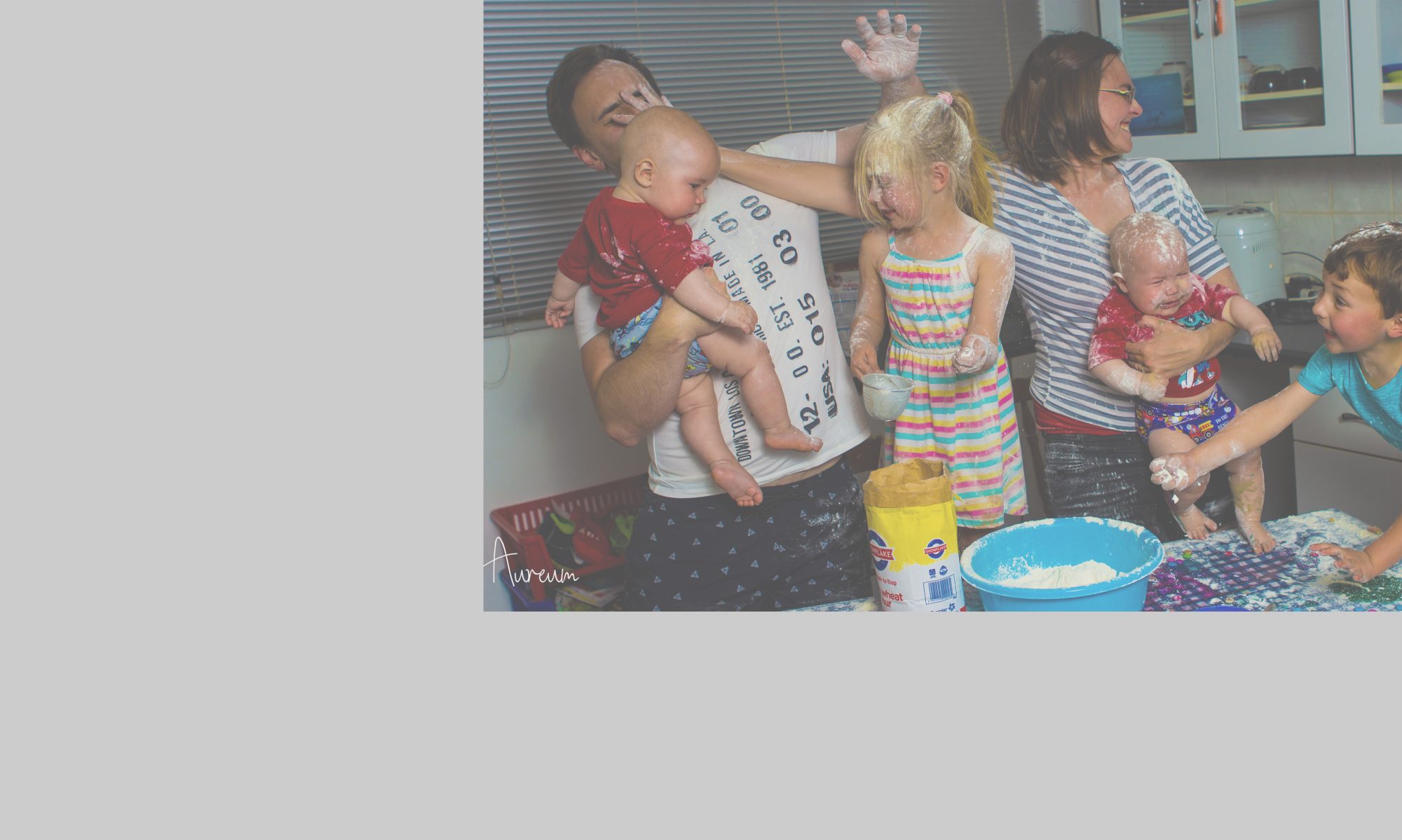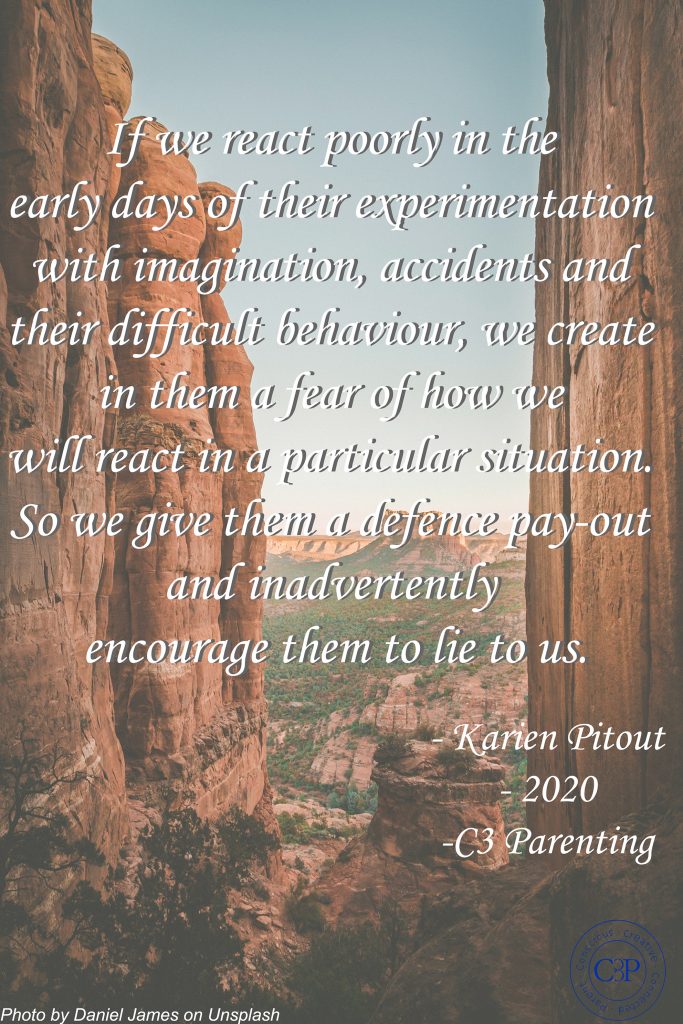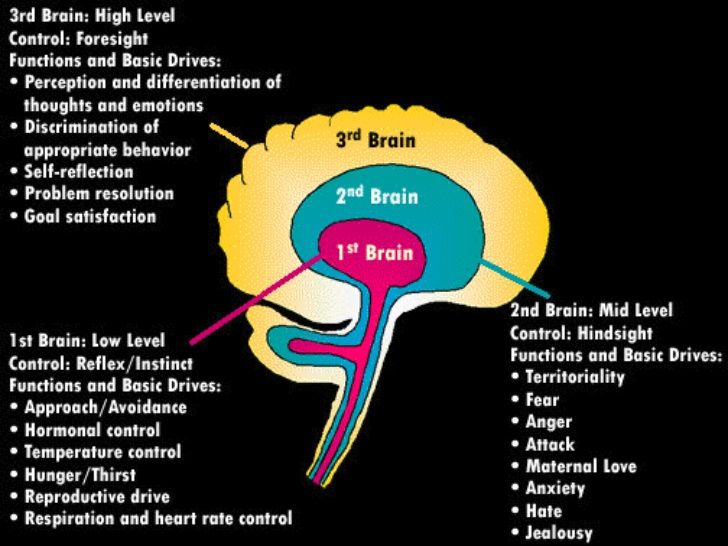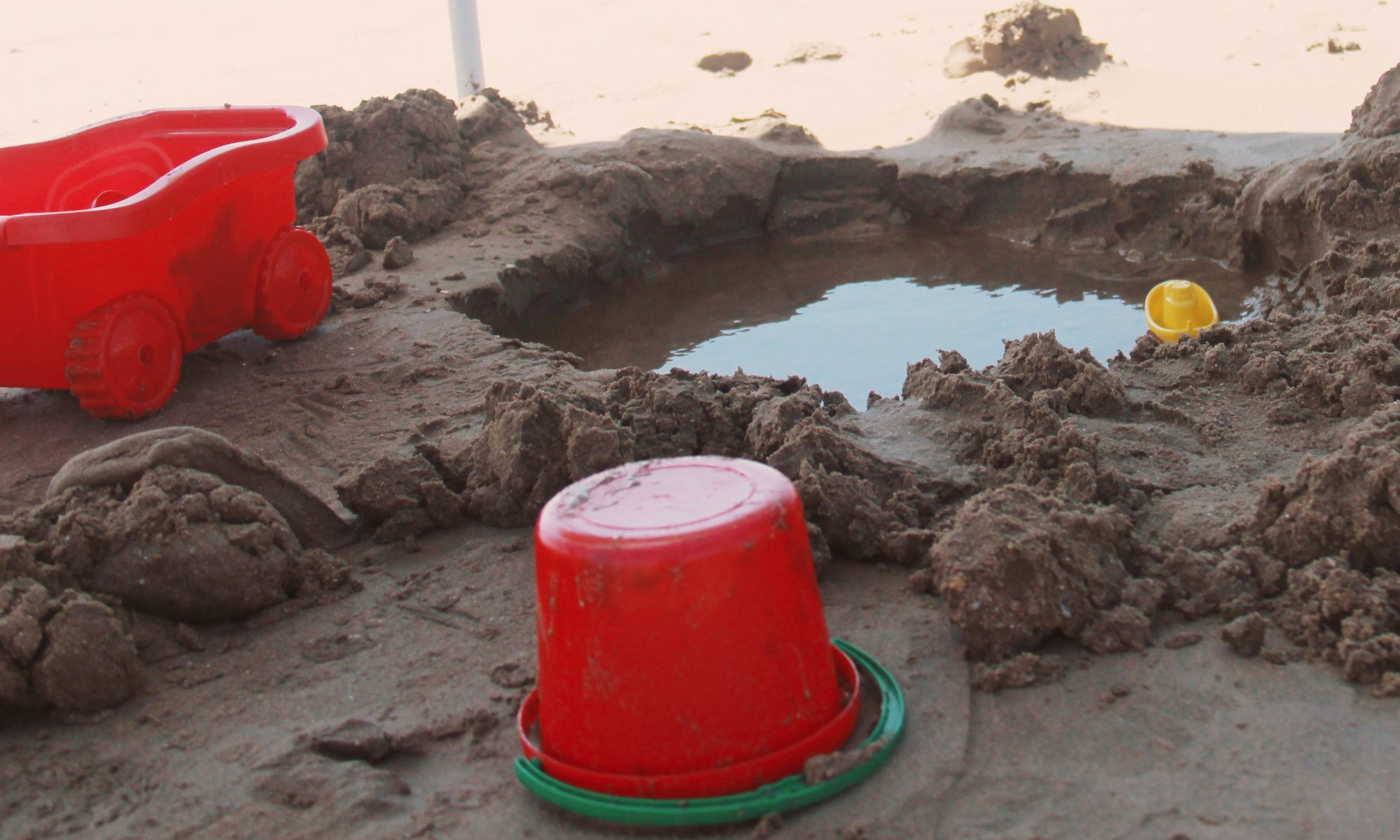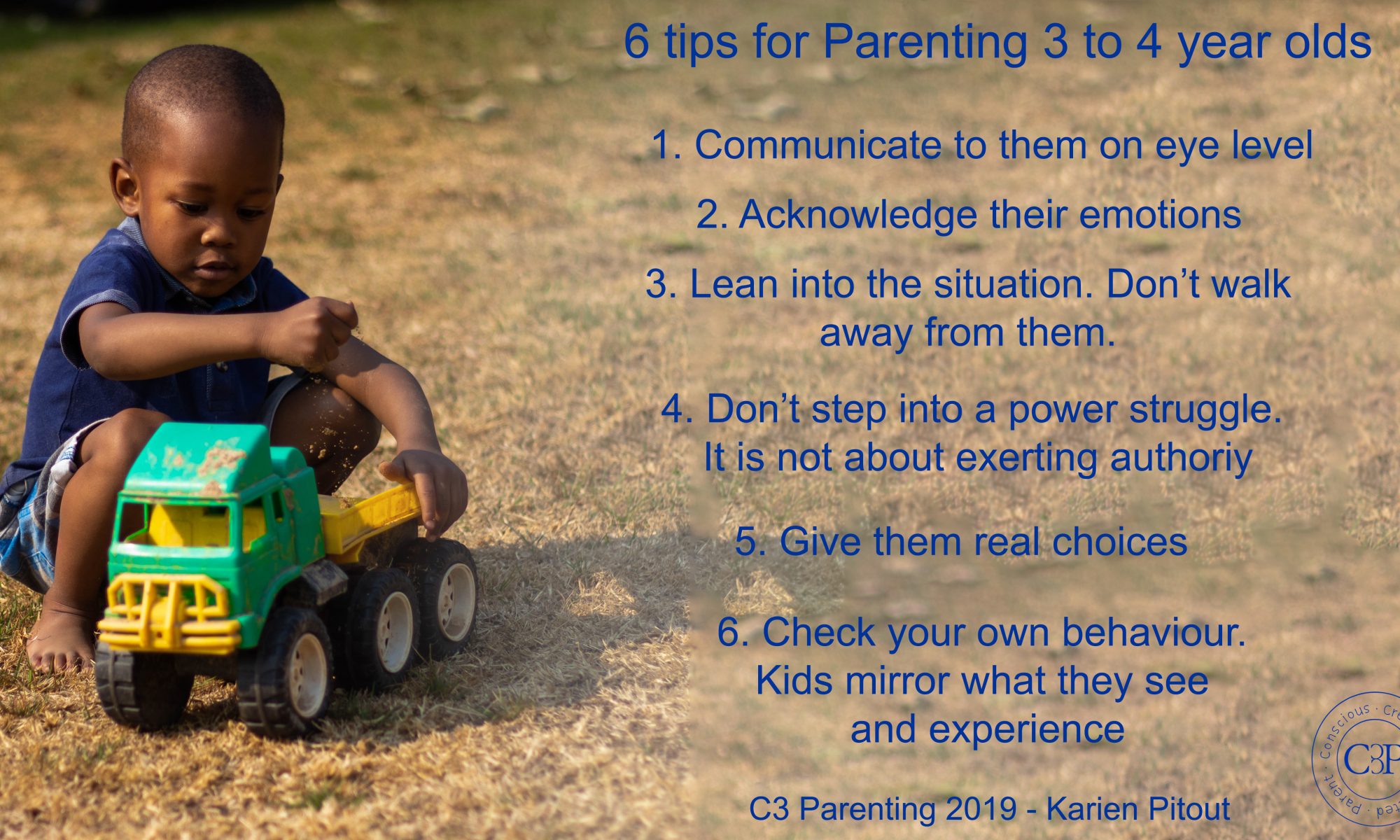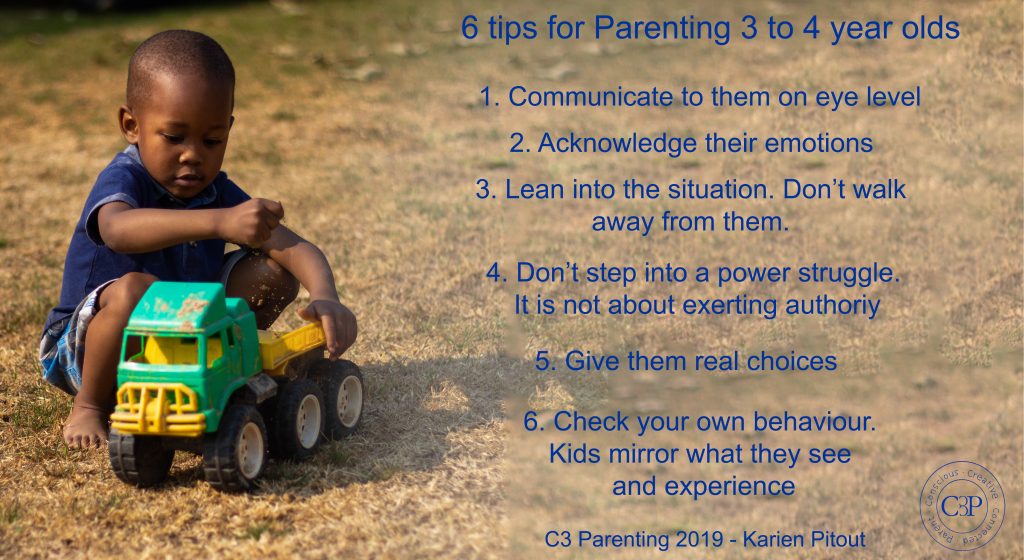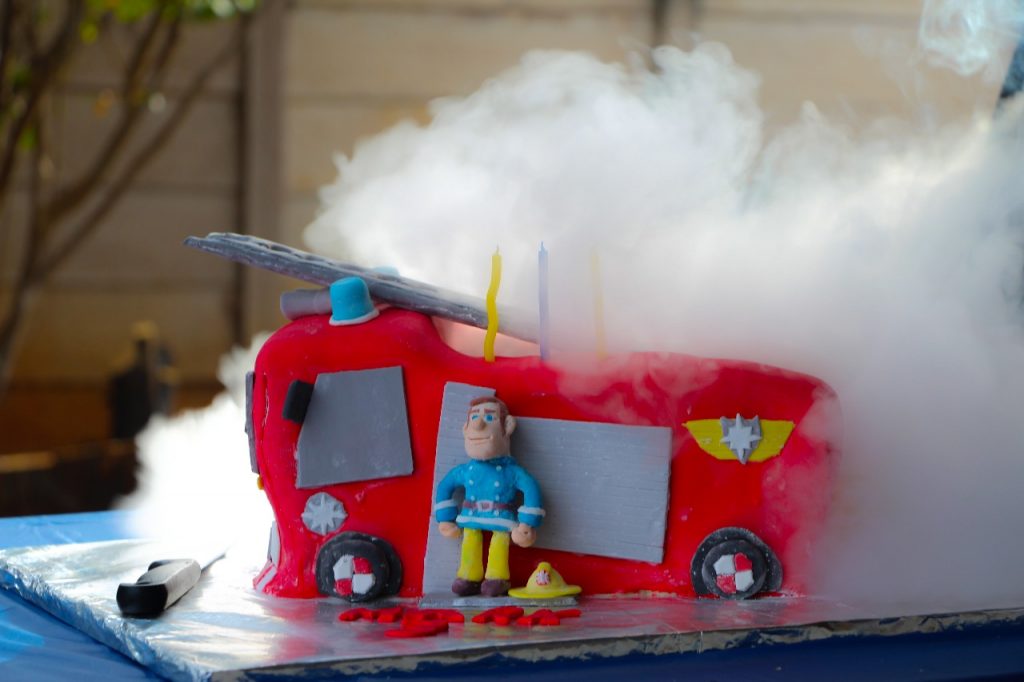The world we live in, lives by double standards. The standards and expectations of children is much higher than that of adults. This weird world where those with the least mature brain has to behave the most mature and those with the most mature brain does not have to clear the bar at all. Here is a list of 13 things that is expected of children and not of adults
Here is a list of 13 standards enforced on kids, but not on adults:
- Going to bed and falling asleep without a struggling to sleep
- So often as an adult we also struggle to sleep, even when we are tired. We struggle to switch off our brains and then roll around. We often get up, move around a bit and try a bit later to get rest. Yes sleep is important for everyone, yet we have this immeasurably high standard for kids to meet. They are never allowed to struggle to sleep and get rest. They have to sleep according to our expectations and when they fail to meet that, we get angry, agitated and upset. Yes they need rest, yes they will be grumpy if they do not get enough rest, they know they need the rest as well. The same way we know we need the rest even more so urgently when we struggle to sleep ourselves.
- React immediately when they are given instructions
- This is the bane of our existence. We want them to be obedient to the degree that we expect of them to react immediately when we request them to do things or go somewhere. Yet when they ask us to do something, we ask them to wait and allow us to finish doing what we are doing. Or we even say no, yet they are not allowed to say no.
- Not show their discontent when they feel they have been wronged
- I could probably write books and books on this. When a child cries, talks back, argues, says no, rolls their eyes, talks in a snide voice or even screams, they are viewed as naughty. Yet all of these behaviours are a way of expressing negative emotions, disagreement and the way they do it, is due to immature emotional control and also the need to be heard and noticed as a human being.
- Do things they do not want to with a joyous attitude and not show discontent
- They are not allowed to sigh or show irritation while doing a task or chore. They always have to do it with a smile on their face.
- Shop without touching anything
- We all shop by touching. We often take things from the shelf to look at and then either buy it or put it back. Kids are often told, you do not shop with your hands while we are holding the shopping in our hands. They are curious, they also want to look and see. Many times kids will show you things, and we assume they want to buy it, just because you are in a shop, when in actual fact they just wanted to show you something they found interesting. When we keep equating showing with having to buy we create our own monster for ourselves, because then they will stop showing interesting things and only show things they want to buy.
- Have to hug, kiss or touch people they do not know or do not want to engage with
- We as adults do not hug and kiss every person we greet. (now during covid we do not touch anyone) yet for some reason children have little to no choice in how they want to greet people. Do you remember that one sloppy kisser at the family reunion? That person who hugged you that gave you the willies everytime as a child, yet you were forced? Do you hug your boss or colleague or kiss them hello every time you see them? What about the new client who just walked in the door?
- Allow other people make use of their favourite possession without complaining
- We all have favourite possessions. Possessions that we take care of and will not allow others to use, like our cars, we may allow a select few to make use of it, but man it has to be someone we trust deeply. Yet here we are at playdates and gatherings and force our children to allow other children to play with their favourite toy and if they say no, they are in trouble. Imagine a world where you are forced to share your house with whomever wants to make use of it, or even your car, or anything you own.
- Accept physical harm as a means of love (spanking, hitting, smacking)
- When an adult gets hit for disobedience from whoever holds the power in the relationship we call it abuse. When a child gets hit by a parent we call it love. The brain of a child interprets the smack from the adult the same way the brain of the adult interprets the smack from another adult. The brain releases the same fear hormones regardless of age, however in a child’s developing brain, it causes more harm than in an adult brain
- Eat everything even when they do not like it
- As an adult we get to choose to eat what we like and enjoy. Yes sometimes for the sake of our health we eat foods we dislike, yet we have the power to choose which of those we dislike the least and eat that instead of the ones we really really cannot stomach. Yet we strip our kids from that choice
- Get up and get over it, especially when thing dramatically change around them
- I have often seen and see it now more often than not. We as a society at large is going through a severely dramatic life changing pandemic. Yet we expect our children to be okay and not act out, not regress on certain behaviours, while they are also under immense stress the same way we as adults are. We expect of them to just buck up and carry on and ignore the stress and chaos of the dramatic world events unfolding around them. It impacts them, it impacts them deeply. Any change causes stress and stress hormones, and the smaller a child is, the less life experience they have to deal with it
- Always get along with their sibling
- I love my siblings. Do i get along with all of them, no i don’t and that is okay. Our kids do not always have to get along with their siblings. The more we try to force it, the more I can guarantee you, that once they are grown up and have a choice of spending time with them, the more they will choose not to spend time with them. Let them build their relationship organically and on their own terms
- Never forget anything, instructions or stuff.
- We joke that we have “spacial memory loss”. The moment we move to another space we forget what we were going to do there, yet when our kids do that, they are in trouble. We all have lost or forgotten personal belongings because we just forgot it somewhere, yet when a child does that, we immediately brand them as irresponsible, ungrateful and deserving of some sort of consequence over and above the loss they suffered.
- Never to get thirsty after bedtime
- This one really boggles the mind. This mindset starts from the view that if we withhold fluids from them an hour or so before bed time, they will magically sleep through. And if they wake during the night and want to drink something we view it as wrong and they are not allowed to drink anything, they are just misbehaving and trying to be difficult, they have a sleeping problem… They are thirsty. The same way you have woken up many a night in your life and needed water to drink.
If we have an honest look at this list, it is time that we take a deeper look into what we expect of our children. Start seeing them as whole human beings who, just like us, needs support, understanding and most of all, for US as the Parents to lower the bar we set for them to clear.
28,886 total views, 11 views today
